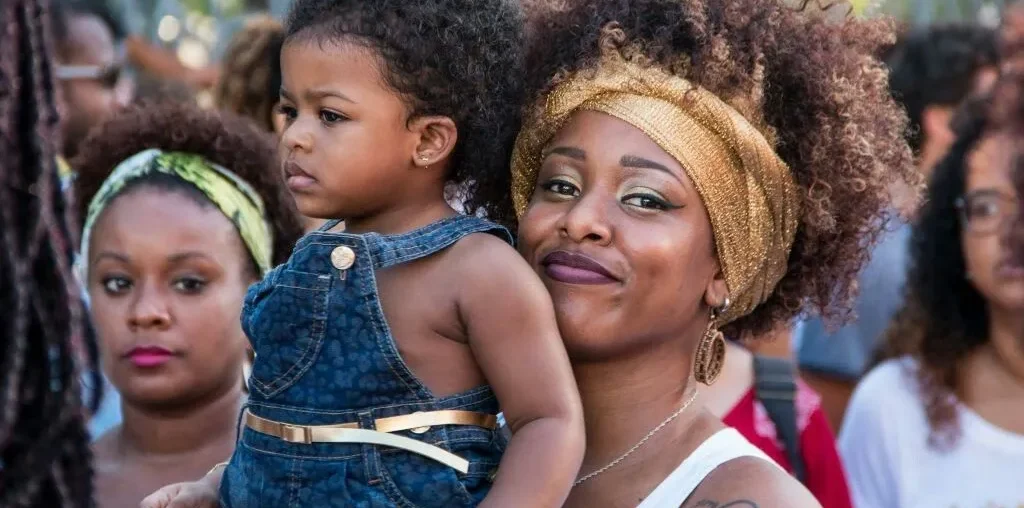Brazil grapples with a complex racial landscape, as revealed by a recent PoderData survey. The study, conducted from October 12 to 14, 2024, unveils a significant disparity between public perception and personal admission of racial prejudice.
The survey results paint a telling picture of Brazilian society’s views on racism. A substantial 75% of Brazilians acknowledge the existence of racism in their country. This high percentage indicates a widespread recognition of racial issues within the nation.
However, a stark contrast emerges when individuals are asked about their own biases. Only 33% of respondents admit to harboring prejudice against Black people. This gap between societal perception and personal admission highlights a complex dynamic in Brazilian race relations.
The survey also reveals interesting patterns among different voter groups. Supporters of former President Lula show a higher awareness of racism, with 76% acknowledging its existence. In comparison, 71% of Bolsonaro voters recognize racism in Brazil.


Paradoxically, when it comes to personal prejudice, the trend reverses. Among Bolsonaro voters, 35% admit to having prejudice against Black people. This figure drops to 28% for Lula supporters, revealing a notable difference in self-reported bias.
Racial Bias in Brazil: A Stark Contrast Between Perception and Admission
These findings suggest a disconnect between recognizing societal issues and acknowledging personal biases. Many Brazilians seem to view racism as a problem, but fewer are willing to admit their own prejudices.
The PoderData survey, conducted through phone interviews, included 2,500 participants across 181 municipalities in all 27 Brazilian states. With a 2% margin of error, it provides a comprehensive snapshot of racial attitudes in Brazil.
This study offers valuable insights into Brazil’s ongoing struggle with racial issues. It underscores the need for continued dialogue and education to bridge the gap between perception and personal responsibility in addressing racism.
Racial Bias in Brazil: A Stark Contrast Between Perception and Admission

